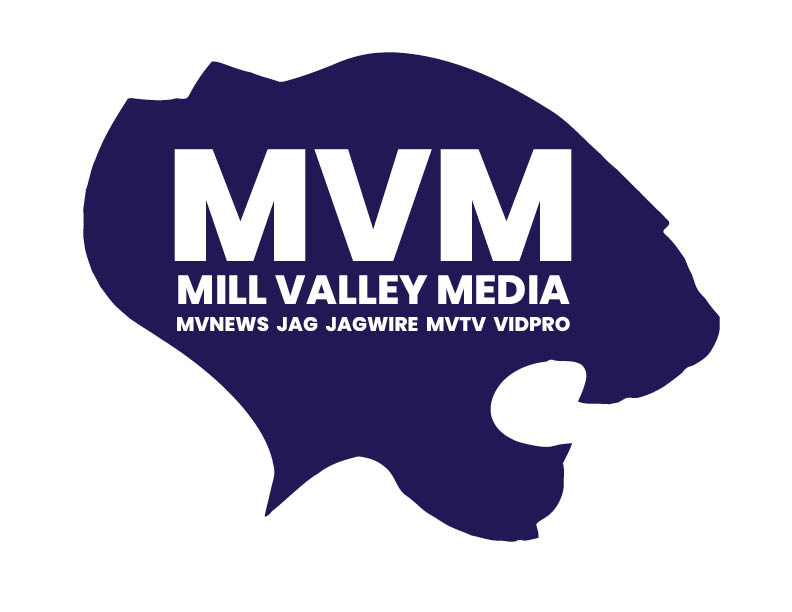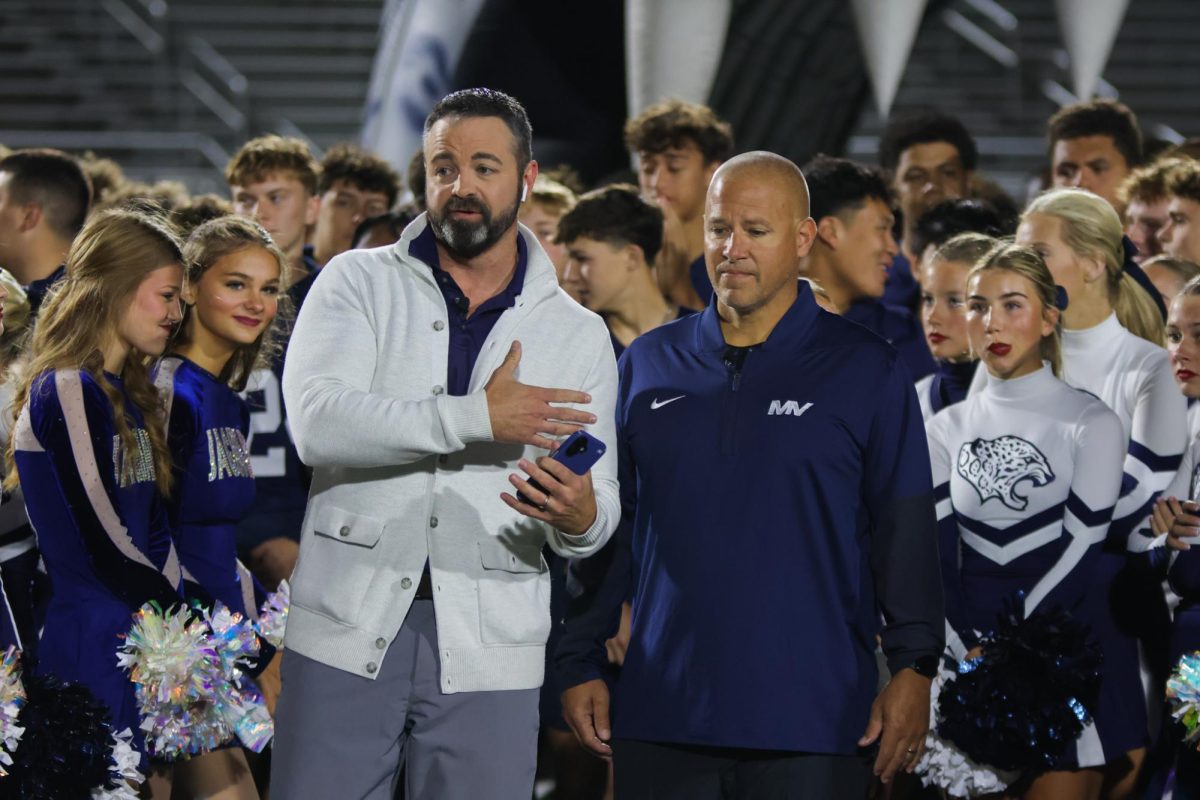Mark Twain’s two most famous novels, The Adventures of Tom Sawyer and The Adventures of Huckleberry Finn, have long been considered classics. Though they have been taught in schools for over 40 years, both books have a history of being banned from the classroom due to offensive language.
The publishing company NewSouth Books is introducing a new edition of both novels, replacing the n-word with ‘slave’ and the term ‘Injun’ with ‘Indian.’ Auburn University professor Alan Gribben, a Twain scholar, has worked with NewSouth Books to produce the new editions.
“My principal intention in preparing this edition was to evade the quiet censorship that has taken place in so many public school districts in which Tom Sawyer as well as Huckleberry Finn can no longer be introduced into middle and high school classrooms, solely on account of the n-words in these novels,” Gribben said in an email.
School districts often ban Huckleberry Finn because parents object to exposing students to the offensive language in the novel. The n-word is used over 219 times in Huckleberry Finn, including the table of contents.
“The use of the n-word is integral to this novel,” University of Kansas English professor and fellow Twain scholar Susan K. Harris said. “It’s there to offend-it’s there to make us realize just how vicious language can be, and just how easy it is for one group of people to convince themselves that they are the only truly ‘human’ beings, and dehumanize everyone else.”
According to Gribben, the new edition of Twain’s novels will not take away from the overall writing style.
“I am merely substituting two words for two other words, leaving all of [Twain’s] magnificent satire intact, in order to make these books again eligible for public school classroom instruction in today’s integrated society,” Gribben said. “I am therefore enlarging Twain’s audience, which was his own lifelong aim.”
The district’s policy on banning books requires a form to be filled out and a committee meeting to review the objected material. No books have ever been banned in the district, and Huckleberry Finn is a reserved book, which means that it can be taught at the junior level but is the teacher’s choice whether or not to teach it. Communication Arts teachers Lindsay Prewitt and Neil Sniffen have taught Huckleberry Finn in the past and plan to continue.
“[Twain]…shows the realistic aspect of slavery in a totally different light than what people have normally seen,” Prewitt said. “[Huckleberry Finn] illustrates realism. That’s a really important part of American literature and kind of the foundation of so much of what we read today.”
Students understand the impact Twain intended with his use of the n-word.
“If they are educated enough to read [Huckleberry Finn,] then they are educated enough to know that when it was written and when [the n-word] was used, it was nothing like it is today,” senior Cassie White said.
The primary concern regarding NewSouth Books’ edition of Twain’s novel is losing the impact that Twain intended the book to have.
“In protecting our children from the n-word, it seems that we lose some of Twain’s original meaning and powerful impact of the book,” social studies teacher Jeff Wieland said. “More importantly, it seems like we are trying to gloss over a portion of our history that we find troubling. It’s hard to see how we can educate by omission.”
The new edition of The Adventures of Huckleberry Finn and The Adventures of Tom Sawyer will be released by NewSouth Books this month. Only 7,500 copies will be printed.







